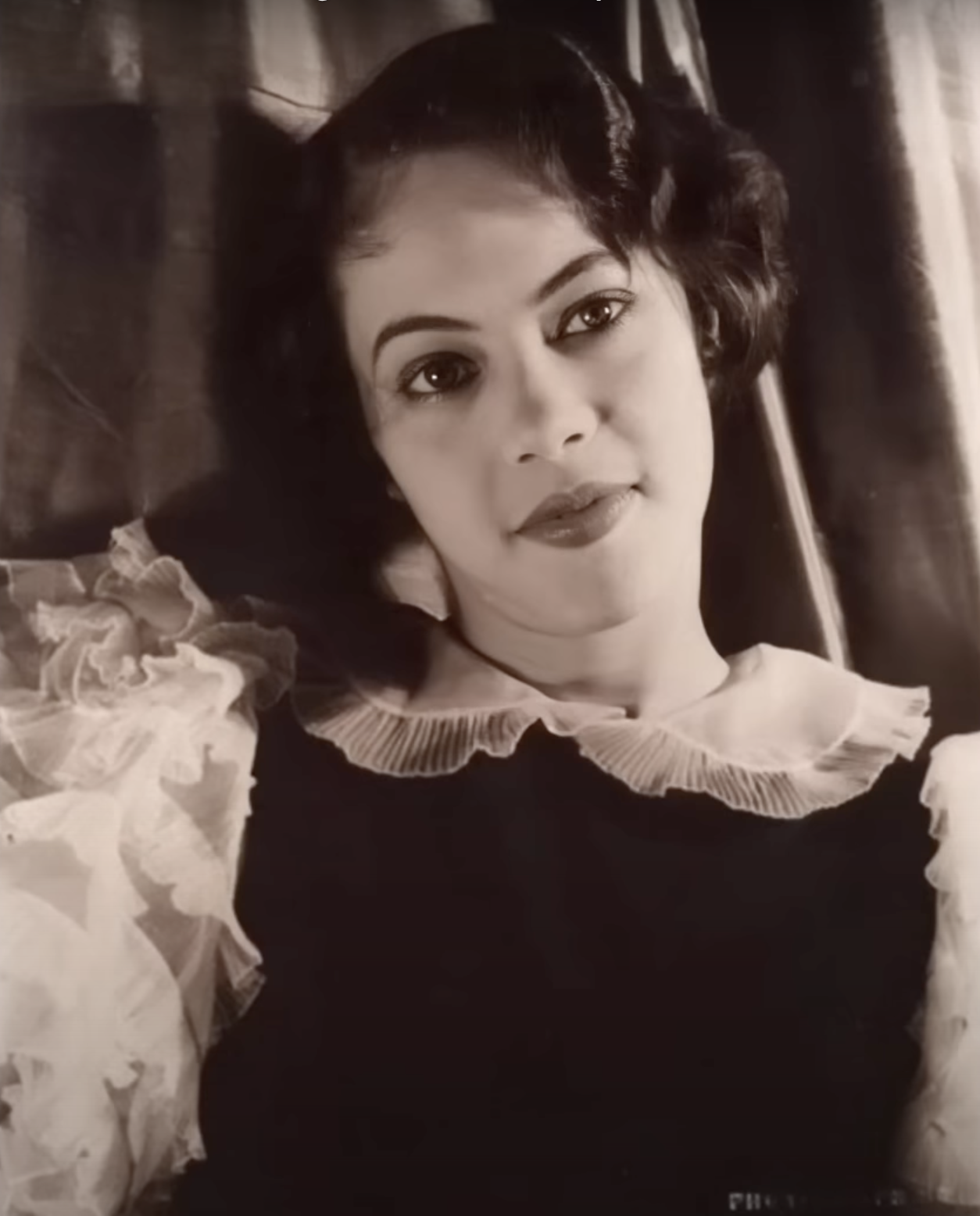The Remarkable Journey of Fredi Washington
Washington's journey through the Harlem Renaissance, her impactful career in Broadway and cinema, and her unwavering commitment to civil rights align seamlessly with your focus on bold women who challenge societal norms and advocate for justice and equality. Her resilience, talent, and dedication to truth and justice serve as a powerful inspiration.
Born on 23 December 1903, in Savannah Georgia, Fredericka Carolyn “Fredi” Washington, is a name that echoes through the corridors of history with unwavering strength and grace. Growing up in an era marred by racial segregation, her early years were shaped by her mother's death and the responsibility of caring for her siblings. These challenges forged her resilience and determination, propelling her on a journey that would take her from the heart of the Deep South to the cultural epicenter of Harlem, New York, during the Great Migration.
Fredi's journey in the arts began on Broadway, where her captivating beauty and talent quickly drew attention and acclaim. As a celebrated dancer, she flourished, embarking on international tours and forging connections with iconic African-American artists, including the legendary Josephine Baker. Her transition to cinema was equally impactful, with roles in films like “Black and Tan” (1929) and her celebrated portrayal of Peola in “Imitation of Life” (1934), marking significant milestones in the film industry.
Washington emerged as a prominent African-American dramatic film actress during the Harlem Renaissance, a period of cultural rebirth and artistic expression within the African-American community. Her role as Peola in “Imitation of Life” is particularly notable. In this film, she portrayed a young biracial woman navigating the complexities of her identity, showcasing her exceptional acting skills and addressing significant themes of race and identity. Her last significant film role was in “One Mile from Heaven” (1937). Following this, Washington shifted her focus from Hollywood to New York, dedicating herself to theater and civil rights work.
Washington’s impact extended beyond the silver screen. She co-founded the Negro Actors Guild with her sister Isabel and brother-in-law Adam Clayton Powell, Jr., advocating for Black actors' rights. Additionally, she contributed to “The People’s Voice,” highlighting the struggles and triumphs of African-American performers. Her move signified a deepening commitment to advocating for social justice and equality, leveraging her talents and influence to make a broader impact beyond the silver screen.
Fredi Washington, Isabel Washington, and Adam Clayton Powell Jr
Her personal life was as vibrant and complex as her career, marked by relationships with notable figures like Duke Ellington and marriages to Lawrence Brown, a trombonist, and later Anthony Bell, DDS. Yet, Washington remained unwaveringly focused on her career and activism.
Fredi’s first husband, Lawrence a trombonist
Fredi and her second husband, Anthony











